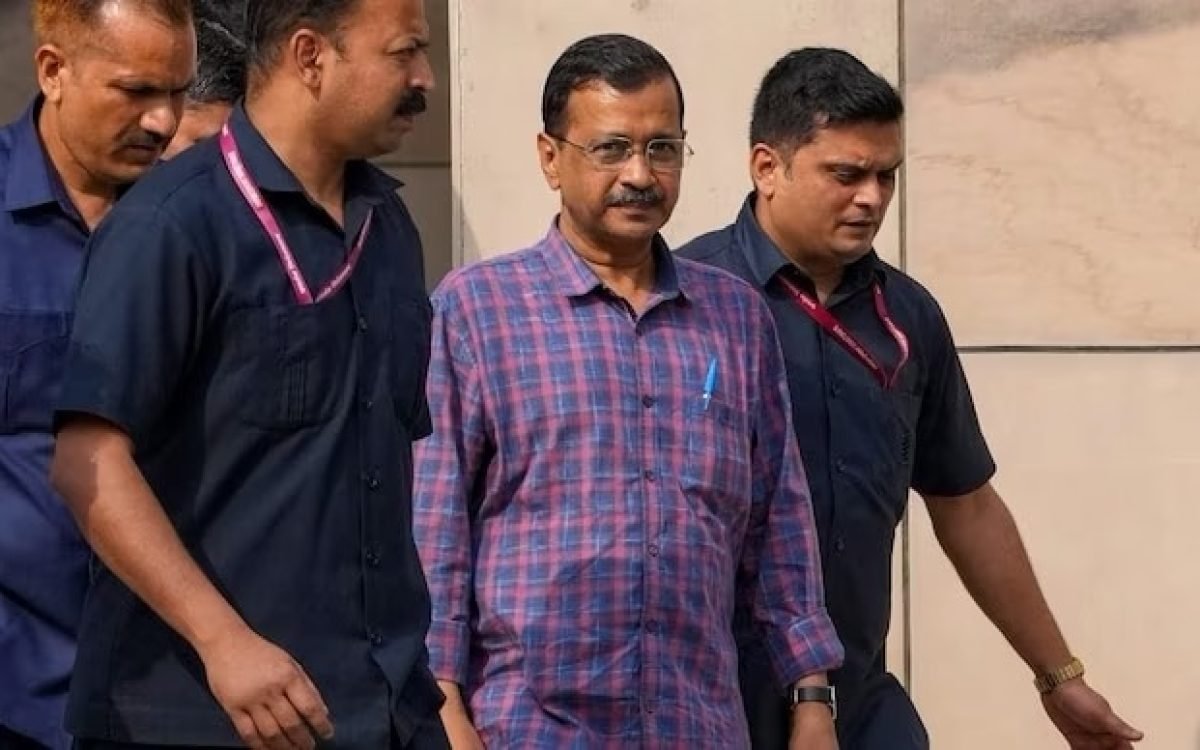Delhi Chief Minister Arvind Kejriwal’s recent move to challenge his arrest by the Enforcement Directorate (ED) in the Supreme Court has reignited debates surrounding the intersection of law, politics, and democracy in India. Kejriwal’s plea, filed after the Delhi High Court denied him relief, raises crucial questions about the misuse of legal processes for political ends and the implications for electoral democracy.
In his petition, Kejriwal contends that his arrest was “motivated” and “illegal,” alleging that it was orchestrated to silence opposition voices ahead of the general elections. He argues that the statements used to justify his arrest were belated, contradictory, and obtained under coercion, casting doubt on their reliability as evidence. Kejriwal warns that if he is not released to participate in the upcoming elections, it will set a dangerous precedent for ruling parties to suppress political opposition through arbitrary arrests and flimsy charges.
Central to Kejriwal’s plea is the assertion that his arrest undermines the principles of press freedom and electoral democracy. He accuses the ED of allowing its processes to be misused as tools of oppression, tarnishing the reputation of political opponents and eroding fundamental rights. The plea underscores the broader implications of Kejriwal’s arrest for the future of democratic governance in India, highlighting the need to safeguard civil liberties and ensure accountability in law enforcement agencies.
Critics, however, view Kejriwal’s legal battle through a different lens, questioning the timing and motivations behind his plea. Some argue that it is a calculated political maneuver aimed at garnering sympathy and deflecting attention from substantive allegations. Others question the credibility of Kejriwal’s claims, suggesting that they are part of a broader strategy to discredit the government and gain political mileage.
The case raises complex legal and ethical issues that go beyond the individual interests of Arvind Kejriwal. It underscores the delicate balance between freedom of expression, the rule of law, and the responsibilities of political leaders in a democratic society. As the legal proceedings unfold, the nation watches with keen interest, mindful of the broader implications for democratic governance and political discourse in India.
Ultimately, the outcome of Kejriwal’s legal battle will not only shape his political future but also have far-reaching implications for the functioning of democracy in India. It serves as a stark reminder of the challenges inherent in navigating the intersection of law and politics in a vibrant and diverse democracy.









